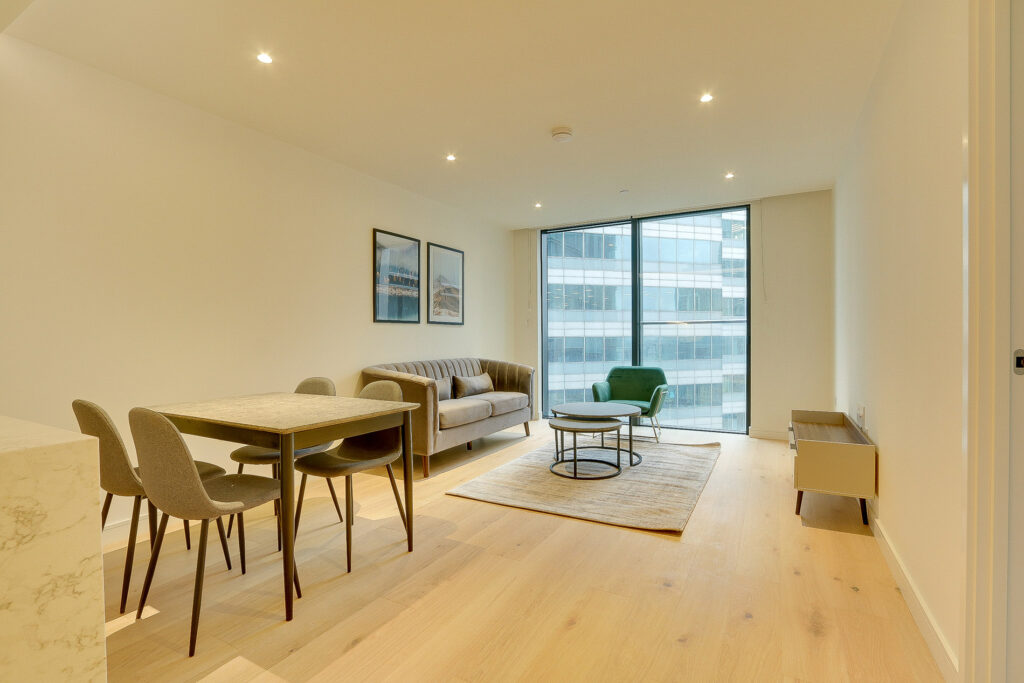Landlords

Lettings and Property Management is what we do, and we do it better than any of our competitors! We value our experienced staff and ensure that each team member is trained to deliver consistently excellent customer service to our landlords.
Landlords are required by law to register the security deposit with a government approved scheme within thirty days of the commencement of the tenancy.
There are three schemes, The Deposit Protection Service (Custodial), Tenancy Deposit Solutions – Insurance Scheme (Stakeholder) and The Tenancy Deposit Scheme (Stakeholder).
Under our Part Management and Full Management Service we will protect the Tenant’s security deposit with the Tenancy Deposit Scheme (custodial scheme) and ensure the correct paperwork and prescribed information is in place.
We take a security deposit for the sum of five weeks rent, to be held in respect of dilapidation’s and for any non- performance of the Tenant’s Tenancy obligations.
At the landlords option we will offer to any prospective tenant an insurance backed deposit full details of which will be made available on request.
You should notify your lender if you have mortgaged the property that you wish to let. It is typically one of the conditions of your mortgage that you apply for permission to let the property. We also recommend that your building and contents insurers are advised of your plans as they may need to alter the policies to cover a third party residing at the property. (We can assist in recommending specialist insurance companies dealing with insurances for rented properties).
You may need the head Leaseholder’s or Freeholder’s permission to create a Tenancy. We advise Landlords check with the Freeholder that there are no restrictions or covenants which prevents you from letting the property. Your tenant should be provided with a copy of the Head Lease if requested.
Mandatory House in Multiple Occupation. A House of Multiple Occupation (HMO) license is typically required when the tenancy is for five or more Tenants in two or more households.
Additional HMO Licensing – An additional license is required by some Local Authority’s when there are three or more tenants from two or more households.
Selective Licensing. A Selective License is required by some boroughs, before you let a property. This is regardless of the number of bedrooms or tenants in the property.
Any contract granting possession for a period of less than six months is a short term let and is outside the Housing Act 1988 (revised 1996).
The Landlord should check with the planning department of the local authority responsible for rented property regarding the policy for short term lets.
It is normal that Landlords pay for electricity, gas and water bills and the council tax during the Tenant’s stay in return for a rent at premium to the market.
Permissions from the Freeholder, mortgage provider and insurers should also be sought before entering into a short term contract.
Stamp duty land tax is payable on Tenancy Agreements by the tenant where the value of the Tenancy is over £125,000.
Resident outside the UK – Under the Taxes Management Act 1970 Section 78 and 83 Where the Landlord resides abroad (outside England or Wales) and is not registered for ‘Self -assessment’ then tax will be deducted and forwarded to Her Majesty’s Revenue and Customs unless the agency has authority from Her Majesty’s Revenue and Customs to pay monies direct to the Landlord without deduction of tax. The Landlord must seek to register for “self assessed” for rental if living abroad and becoming a non-resident Landlord
If you have employed us as your Managing Agents the only service that we are not able to transfer for you is the telephone line and satellite TV contracts because the providers will only deal with the subscriber.
Landlords have the responsibility for the safety of both the Tenant and their own property during the Tenancy.
The following regulations must be adhered to without fail by the Landlord and as Agents we must ensure that they are carried out.
The original regulations introduced in 1988 ensured that all manufacturers, importers, suppliers and upholsterers of soft furnishings and furniture only supply items that use fire-retardant filling materials and fabrics. In addition, all furnishings sold or supplied must carry a permanent label. The amendments in 1993 included furniture supplied in rented accommodation. The regulations apply to the following items: beds, mattresses, sofas, armchairs, nursery furniture, cushions, seat pads, pillows and loose and stretch covers for furniture. Items of furniture made prior to 1950 are termed as antiques and as such are excluded from the regulations.
There is a legal duty for landlords to assess and control the risk of exposure to legionella bacteria, but Health and Safety law does not require landlords to produce or obtain, nor does HSE recognise, a ‘Legionnaires testing certificate’.
| Service | Fully Managed | Part Managed | Let Only |
|---|---|---|---|
|
Property valuation
|
|||
|
Marketing the property
|
|||
|
Comprehensive referencing and 'Right to Rent' check
|
|||
|
Provide guidance on compliance and statutory provisions and lettings consents
|
|||
|
The Tenancy Agreement
|
|||
|
Collect and remit the initial months’ rent and security deposit
|
|||
|
Advice on non-resident tax status and HMRC
|
|||
|
Facilitate the Check In, Inventory and Check Out
|
|||
|
Move in
|
|||
|
Dedicated Property Manager
|
|||
|
Ensure the necessary safety certificates are valid during the tenancy
|
|||
|
Protecting the security deposit and serve Section 21b/Form 6a notices
|
|||
|
Collection of rent for the duration of the tenancy
|
|||
|
Property Management Assistance
|
|||
|
Provide a Check In, Inventory and Check Out
|
|||
|
Property Management and Inspections
|
|||
|
Tenancy Management
|
|||
|
Annual Tax Report
|
|||
|
Arranging Payments and Outgoings
|


